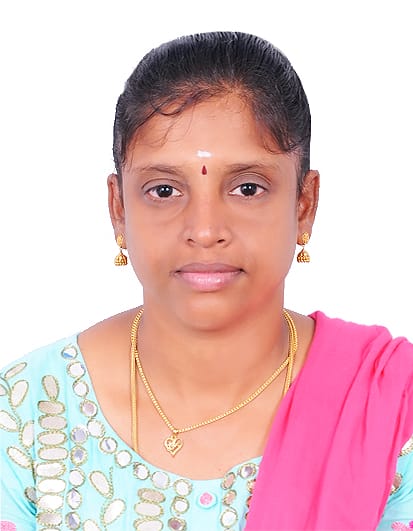Assistant Professor

Department of Biomedical Engineering
Assistant Professor
B.E.,Ph.D
2025-06-11
Dr. A. Mahalakshmi completed her Bachelors’ degree (B.E.) in Biomedical Engineering from Rajiv Gandhi College of Engineering, Sriperumbudur, Chennai in 2009. She obtained her Masters’ degree in Medical Bionanotechnology from Chettinad Hospital and Research Institue, Kelambakkam, Chennai in 2011. She was awarded the prestigious INSPIRE-JPF-P/SRF-P Fellowship by the Department of Science and Technology (DST), Government of India, for the period of 2013-2018. She earned her Ph.D. from SASTRA Deemed University, Thanjavur,Tamilnadu, in 2019, focusing on Cardiovascular and Mitochondrial biology. Dr. Mahalakshmi has held multiple postdoctoral fellowships. She first served as an Institutional Postdoctoral Fellow at the Department of Nano Science and Technology, Sri Ramakrishna Engineering College, Coimbatore for six months. Subsequently, she was awarded the CHANAKYA Postdoctoral Fellowship by iHub Anubhuti, IIITD Foundation- New Delhi, under the National Mission on Interdisciplinary Cyber-Physical Systems (NM-ICPS). She has an active research portfolio with 28 peer-reviewed publications, including 17 SCI/SCIE journals and 11 Scopus-Indexed papers, accumulating a cumulative impact factor of approximately 85. Her research interests lies at the intersection of Cardiovascular science, Diabetes, and Molecular biology. Her primary research focus is on diabetic cardiomyopathy (DbCM) and its impact on cardiac outcomes following Coronary Artery Bypass Grafting (CABG) surgery. She investigates mitochondrial dysfunction and ischemia-reperfusion injury, aiming to identify early biomarker and therapeutic strategies for diabetes-associated heart failure, even in the absence of prior coronary artery disease.
Dr. Mahalakshmi's areas of expertise include: Ischemia-Reperfusion Injury, Diabetic Cardiomyopathy, Mitochondrial and Molecular Biology, Nanoparticle Synthesis, Molecular Docking, Data Analysis and Coding (Python). She also has advanced technical skills in: 1) Cell Culture: Skilled in culturing multiple cell lines including H9C2 (rat cardiomyocytes), LLC-PK1 (pig kidney), HEPG2 (human liver), and NIH3T3 (mouse fibroblasts), 2) Animal Handling:Experienced in working with Wistar rats for in vivo experimentation. Beyond her core research, she maintains a strong interest in computational biology and nanotechnology-based biomedical innovations, especially those translating to early disease detection and intervention.